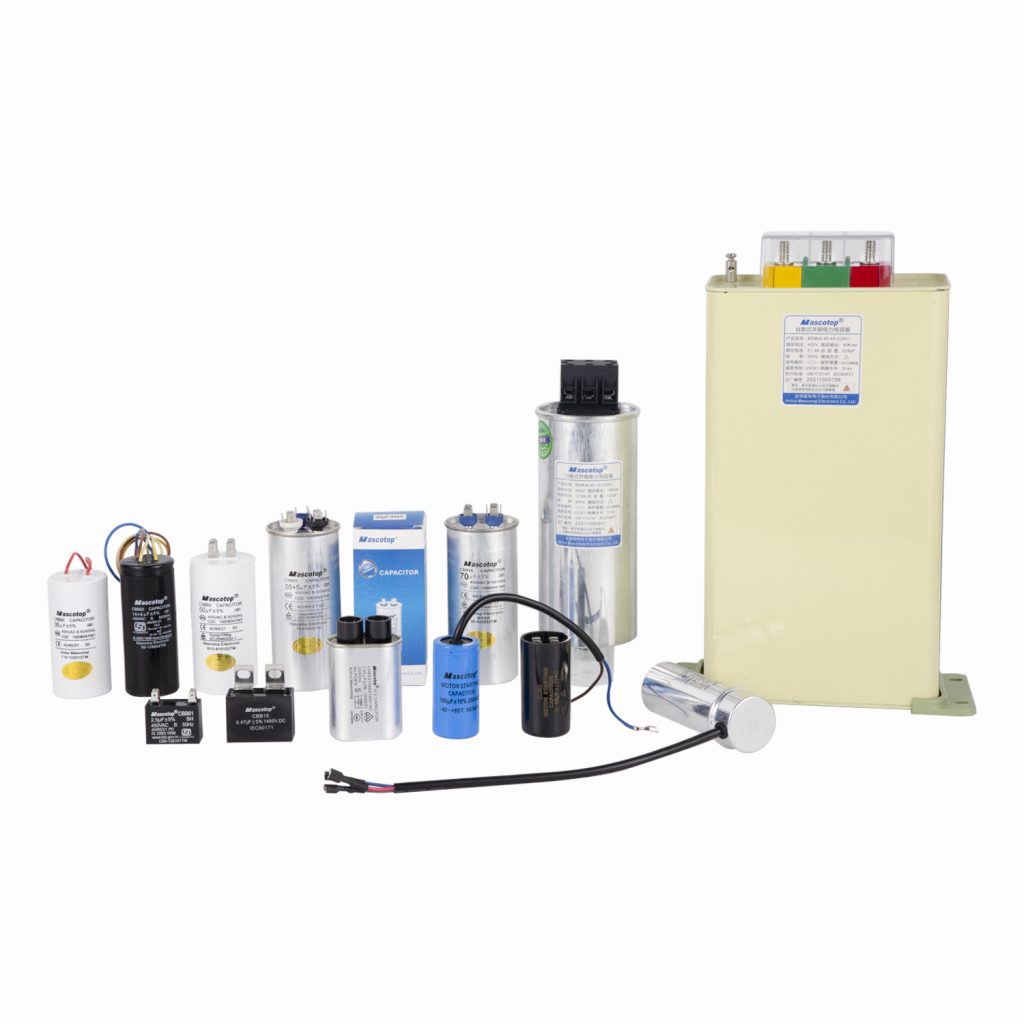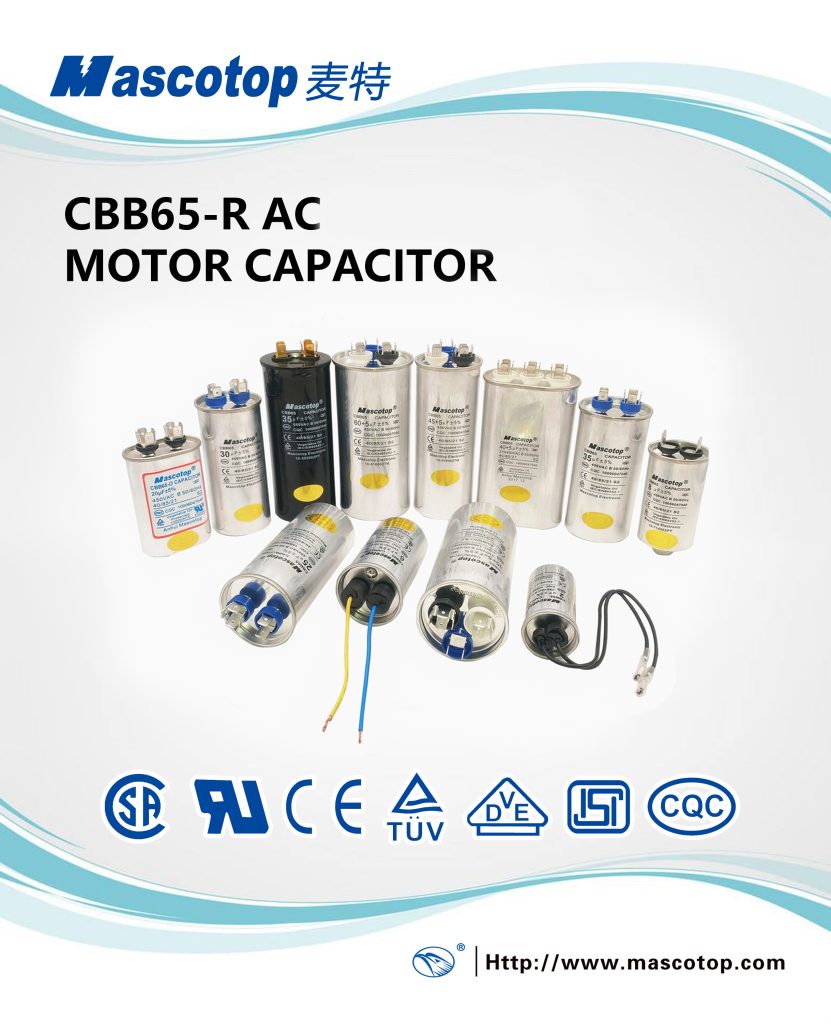
Capacitors play a vital role in various electronic applications, and among the numerous types available, CBB (polypropylene film) capacitors and MKP (metallized polypropylene film) capacitors are two popular options. In this article, we will dive into the differences between these capacitors and explore their unique features and applications.

Table of Contents
Toggle
CBB capacitors are widely recognized for their excellent electrical properties and stability. They are constructed using a dielectric material made from polypropylene film, which provides high insulation resistance and low dielectric losses. These capacitors are commonly used in audio systems, power supplies, motor drives, lighting, and other electronic circuits that require high-quality performance.
CBB capacitors are well-suited for high-voltage applications, thanks to their ability to handle demanding voltage requirements. Additionally, their low dissipation factor contributes to efficient energy storage and discharge, resulting in enhanced overall circuit efficiency.
MKP capacitors have exceptional self-healing properties and reliability. They feature a thin layer of metal deposited on the polypropylene film, providing self-healing capabilities when subjected to overvoltages or voltage transients. This self-healing property ensures the longevity and durability of the capacitor, making it suitable for applications where reliability is critical.
MKP capacitors are often used in power electronics, motor control systems, power factor correction circuits, and various high-frequency applications. They offer excellent insulation resistance, low dissipation factor, and high current handling capability. With their ability to withstand high ripple currents and voltage stresses, MKP capacitors provide robust performance in demanding environments.

Dielectric Material: CBB capacitors utilize a polypropylene film dielectric, while MKP capacitors employ a metallized polypropylene film dielectric. The metallization in MKP capacitors provides self-healing properties.
Voltage and Frequency Handling: CBB capacitors are commonly used in high-voltage applications, while MKP capacitors excel in high-frequency, high-current, and power electronics applications.
Application Specificity: CBB capacitors find applications in audio systems, power supplies, and lighting systems, while MKP capacitors are often used in power electronics, motor control, and power factor correction circuits.
In conclusion, CBB and MKP capacitors share similarities in terms of dielectric material (polypropylene film), but they differ in terms of construction, application range, and performance characteristics. Understanding these distinctions allows engineers and manufacturers to select the appropriate capacitor type that aligns with their specific requirements. So, whether you're seeking stability in audio systems or reliability in power electronics, CBB and MKP capacitors are reliable choices that unlock the potential for superior electronic performance.
As trusted capacitor manufacturers and exporters, we take pride in offering a wide range of capacitor options, including the popular CBB capacitors. At mascotop, we understand the importance of capacitors in various electrical and electronic systems. Our comprehensive selection of capacitors, ensures that our customers have access to reliable and high-quality components for their projects.
Partner with us and experience the difference of working with a reputable manufacturer and exporter of capacitors, attracting users to explore our website for their capacitor sourcing.